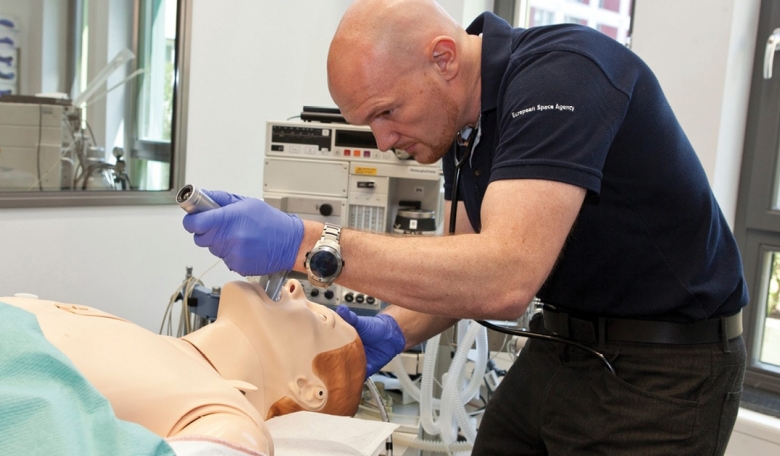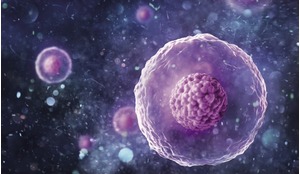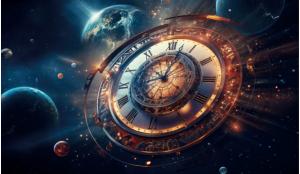Suffering from tooth pain? Then you will normally turn to a dentist for help. But what happens on a long-term, deep space mission when a crew member suffers from dental or jaw problems that cannot be treated and resolved sufficiently by pain medication? It is highly unlikely a professional dentist or dental technician will be part of a long-duration spaceflight and currently no procedure or technology is available to sustain and restore teeth during longterm missions, with the only planned and well-documented oral examination in space dating back to 1973. A European multi-disciplinary team is now developing a procedure that combines dental methods with the technical feasibility of 3D technology and human factors research to create a strategy that incorporates available resources both at the desired destination and back on Earth.
It is vital that astronauts, cosmonauts or taikonauts stay in good health during their space missions in order to fulfil designated mission tasks and return to Earth in good physical shape. That is the reason why a wide range of medical examinations are carried out as part of the astronaut selection process and during training to ensure the best possible health status of each crew member at the time of launch.
So far in the history of human spaceflight the occurrence of dental injuries has been minimal. During the US Apollo and Skylab programmes, no dental problems which might have impacted a mission occurred and, though there is no written documentation of an inflight dental emergency for a US astronaut, there is at least one piece of evidence which suggests that a NASA astronaut temporarily repaired a crown displacement. In contrast, during long term Salyut and Mir missions both lost fillings and crowns were reported and at least one severe incident with extreme pain occurred during the Salyut 6 mission.
Oral health is a primary concern for astronauts and goes hand in hand with general health. Astronaut candidates are screened for dental issues prior to selection and those selected are expected to adhere to a meticulous oral hygiene routine and maintain good oral health. The primary goal is prevention, yet even with the highest standards, the potential for a dental emergency in space still exists. A recent analysis of all medical conditions determined that the one condition most likely to result in a crew member’s departure from the International Space Station (ISS) is a dental abscess.
Read more about dentistry in space and the use of 3D printing to resolve dental problems on long-term missions in the full version of this article, available to our subscribers.













